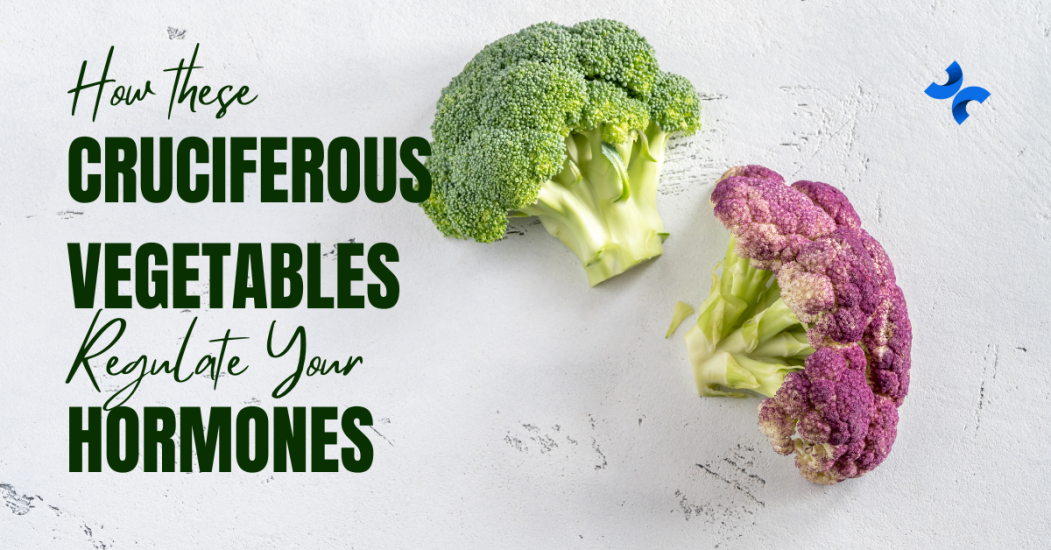Cruciferous Vegetables: The Secret to Hormone Balance?
Role of Cruciferous Vegetables in Regulating Hormones
Cruciferous vegetables are a type of vegetable that includes chemicals that research has proven to have a range of health advantages, including the capacity to control hormones. One of these benefits is that cruciferous veggies have been shown to contain these compounds. The consumption of these veggies, which are rich in a variety of vitamins, minerals, and antioxidants, may contribute to an improvement in one’s overall health and sense of well-being.
How exactly do cruciferous veggies work to keep hormones in balance?
Glucosinolates are found in the plants that belong to the cruciferous vegetable family. Isothiocyanates and indoles are two types of chemicals that are produced as a byproduct of the breakdown of these substances in the body. It has been demonstrated that these chemicals have a range of beneficial effects on health, including the capacity to control hormone levels.
What are some ways that you might increase the amount of cruciferous veggies in your diet?
There are a variety of approaches you may take to increase the amount of cruciferous veggies in your diet. You can eat them raw, cooked, or steaming, according on your preference. In addition to that, you may put them in salads, stews, stir-fries, and soups. The following are some of the most frequent types of cruciferous vegetables:
- Broccoli
- Brussels sprouts
- Cabbage
- Cauliflower
- Kale
- Radishes
- Turnips
What are the advantages of eating vegetables of the cruciferous family?
Cruciferous vegetables have been demonstrated to offer a variety of other health advantages, in addition to their capacity to control hormones, which is already well-established. These veggies can help to:
- Lower the possibility of developing cancer
- Improve the health of your heart
- Improve one’s resistance to illness by
- Help people shed unwanted pounds.
- Improve digestion
- Prevent the development of chronic illnesses.
If I eat cruciferous veggies, would I have any negative side effects?
Consuming cruciferous veggies is usually considered to be harmless; nevertheless, certain individuals may experience adverse effects such as gas and bloating after eating them. If you do encounter these unwanted effects, you may want to begin eating cruciferous veggies in modest amounts and then gradually increase the quantity that you consume over the course of time.
If you are searching for a technique to enhance the health of your hormones, one of the best places to start is by increasing the amount of cruciferous vegetables that you consume in your diet. These veggies are nutritional powerhouses that may help keep your hormones in check and make a significant contribution to your general health and wellbeing.





